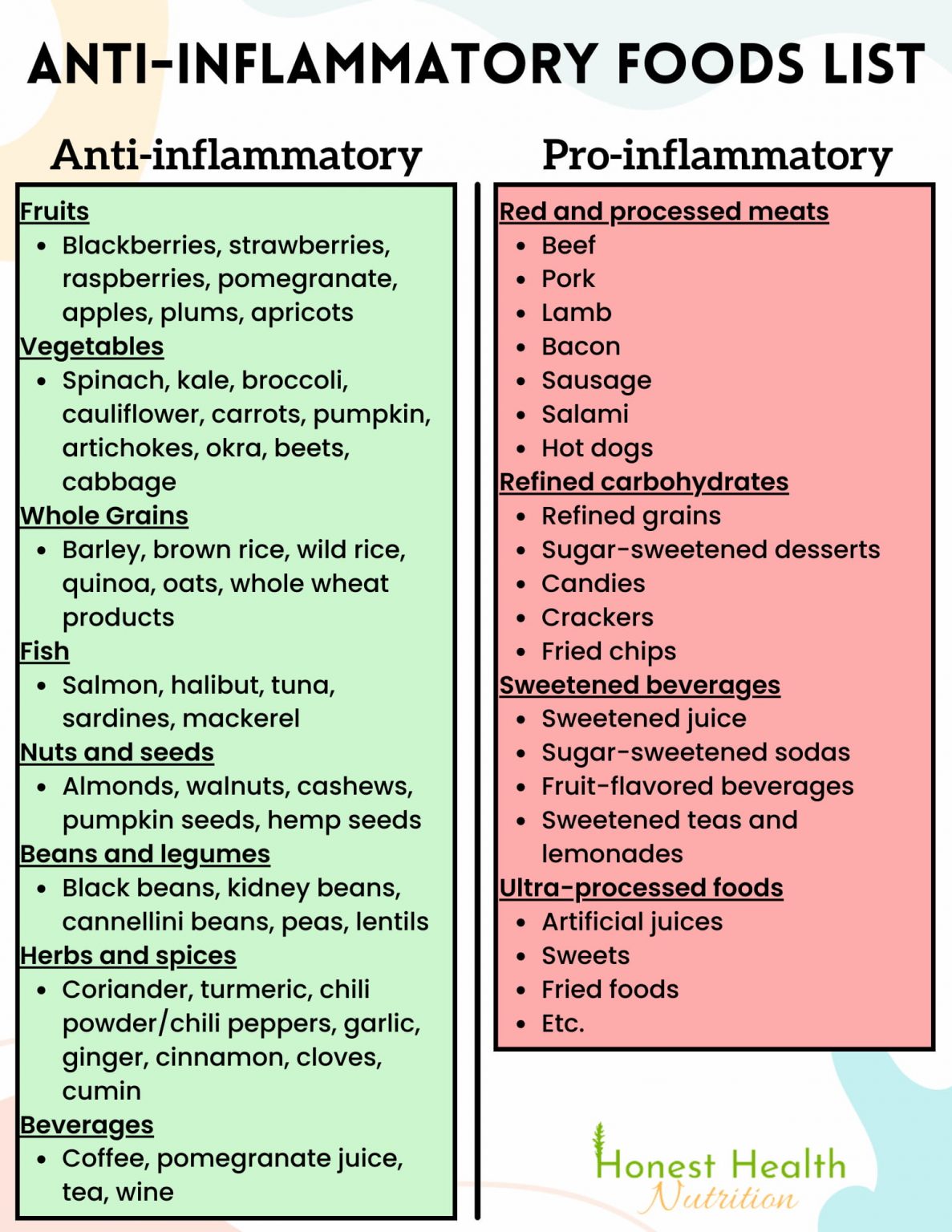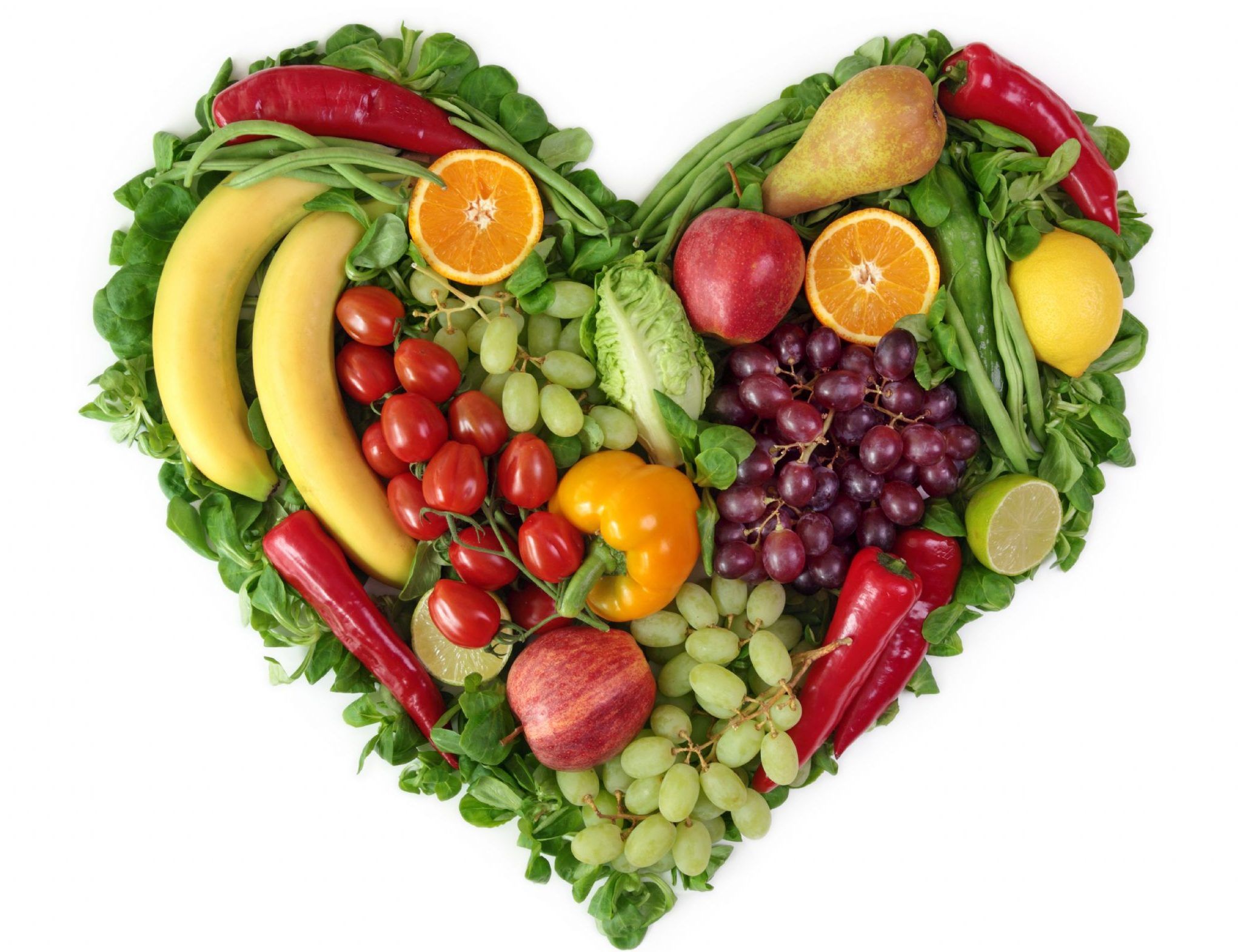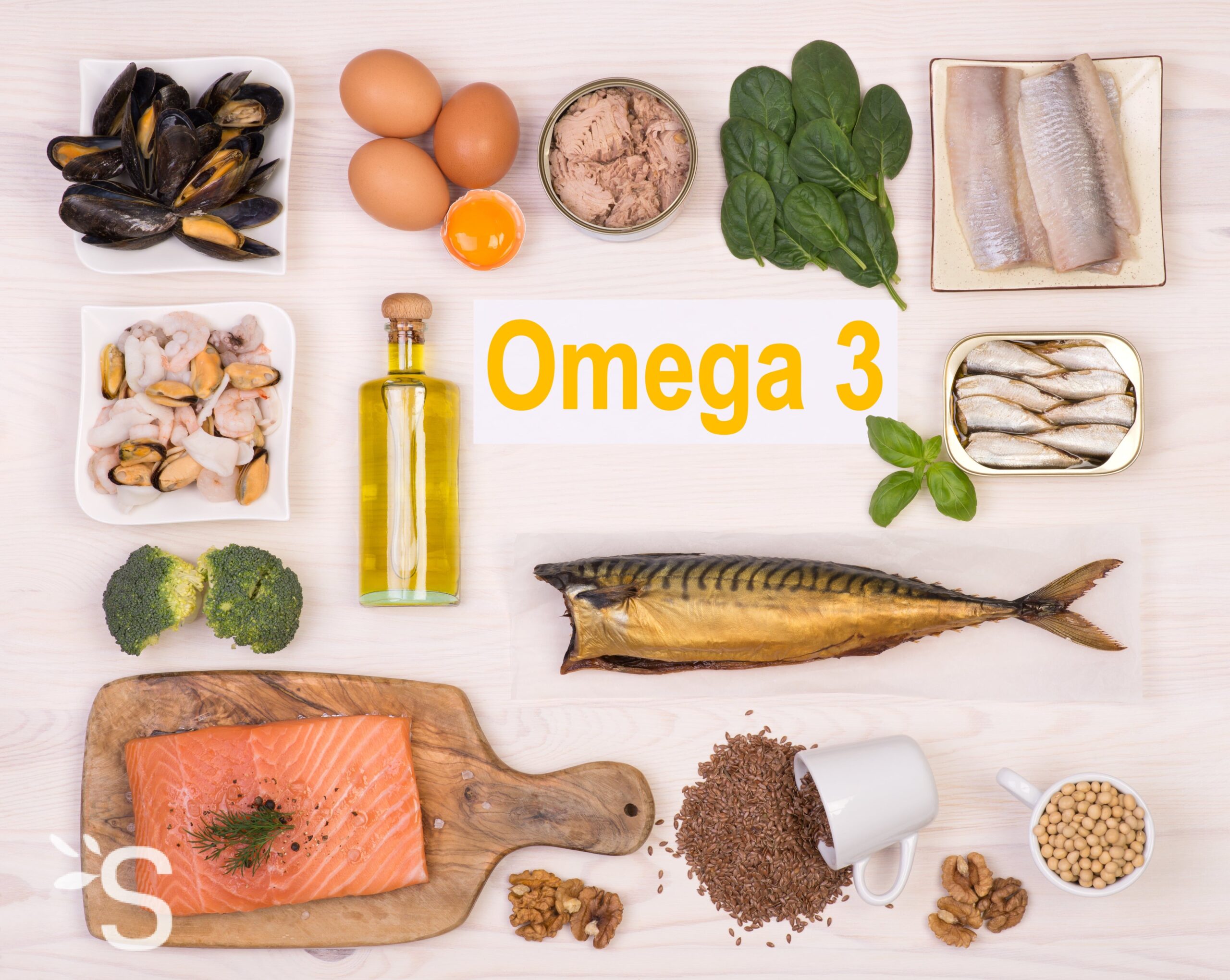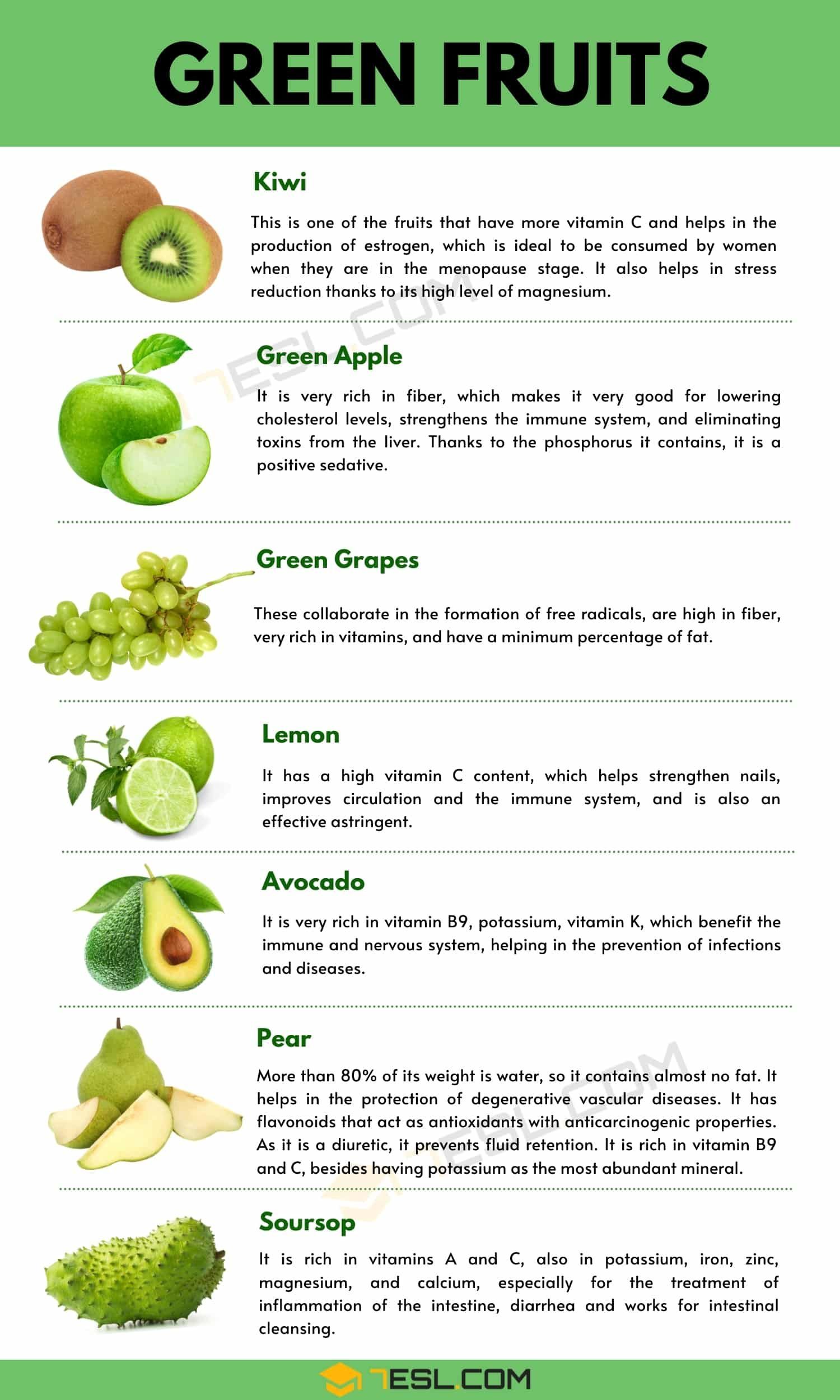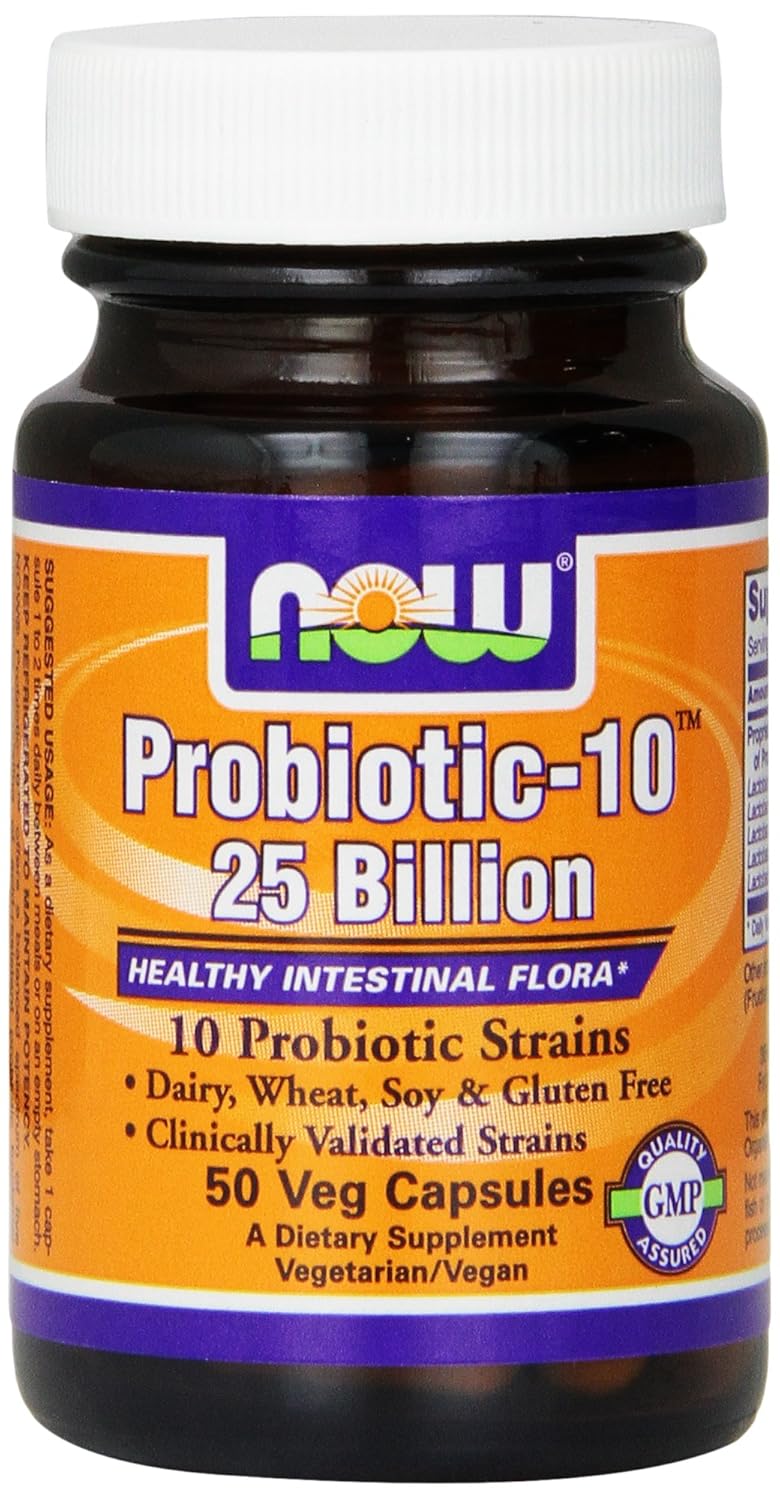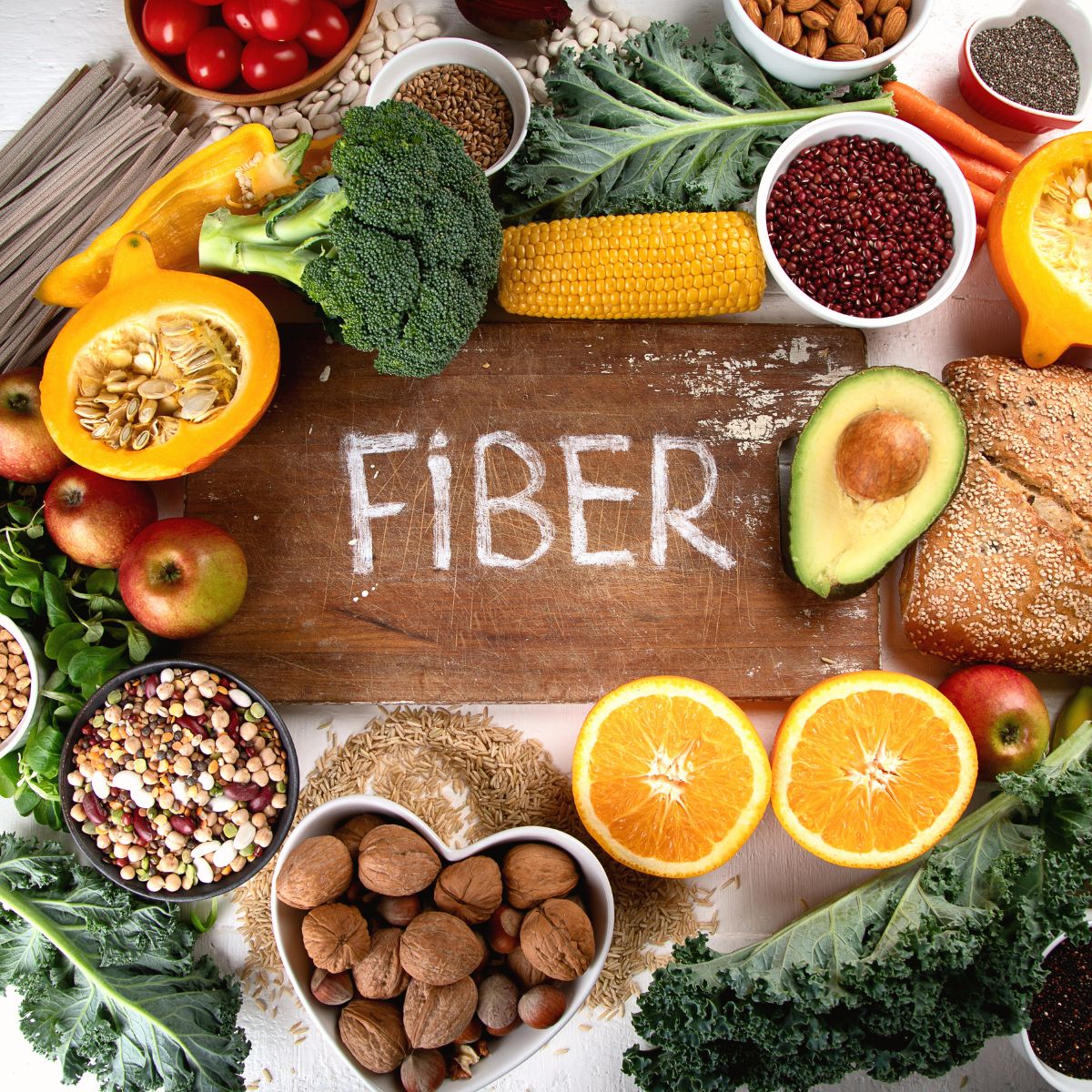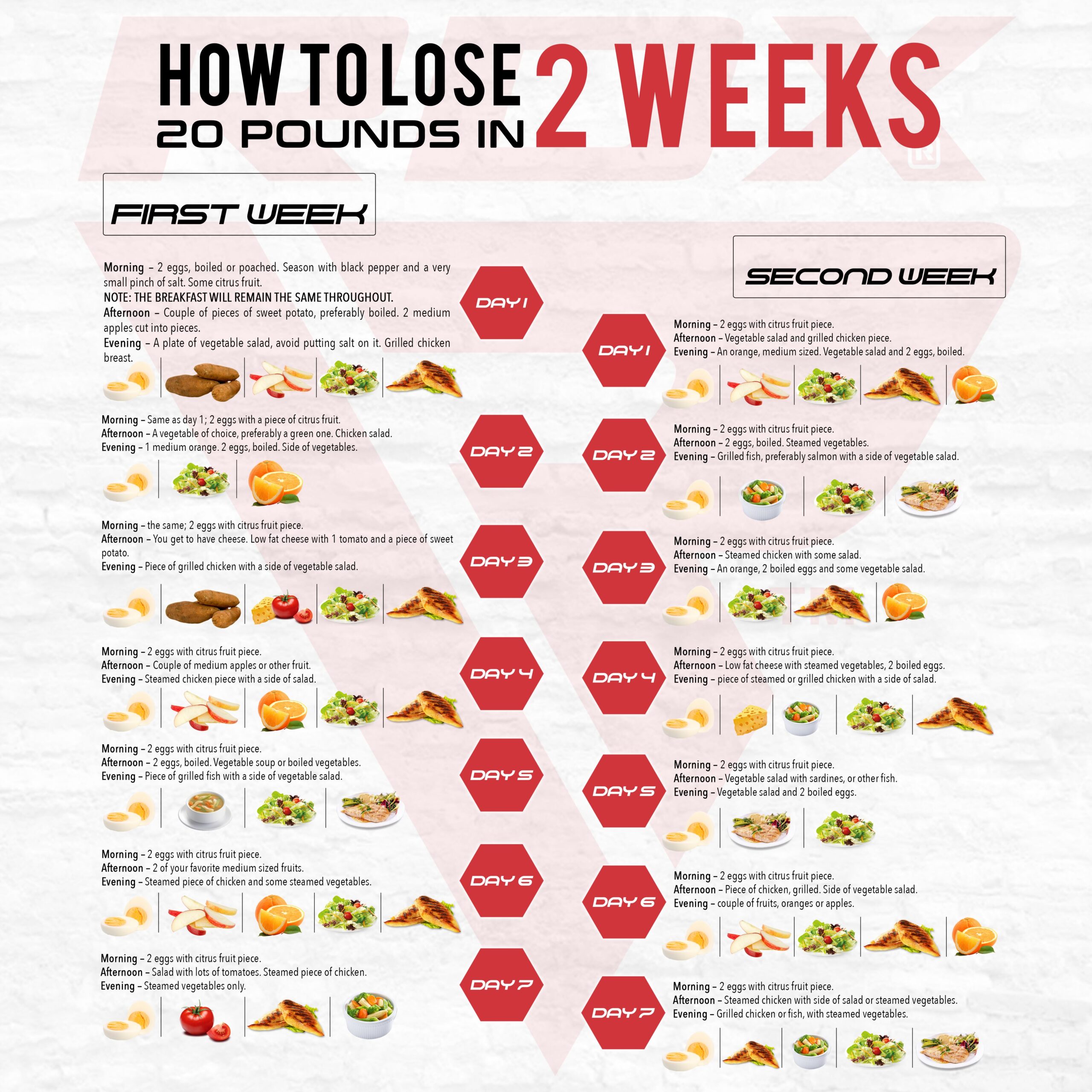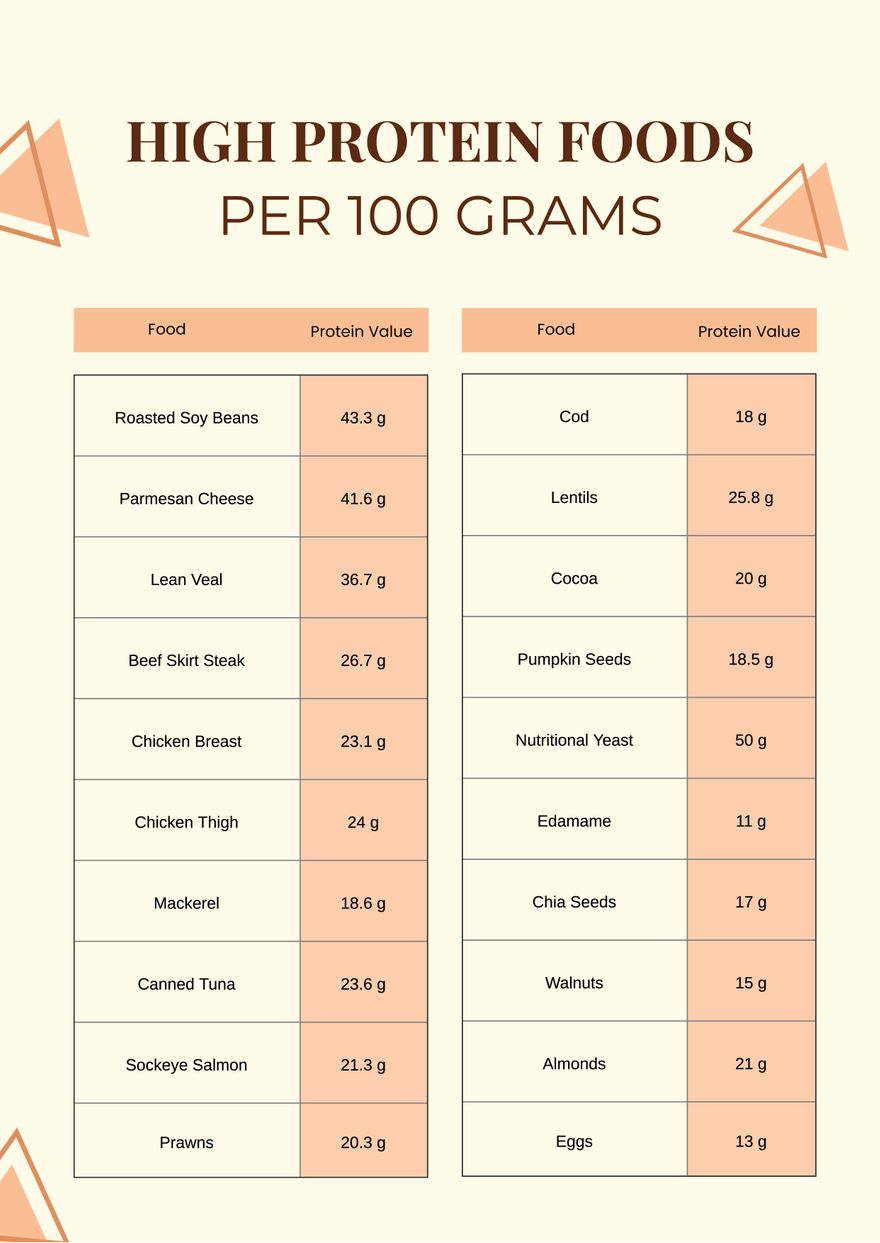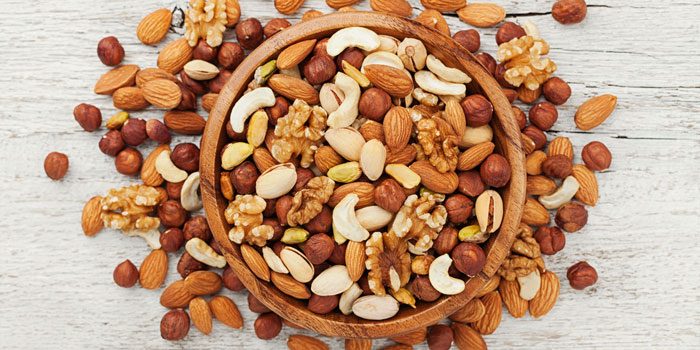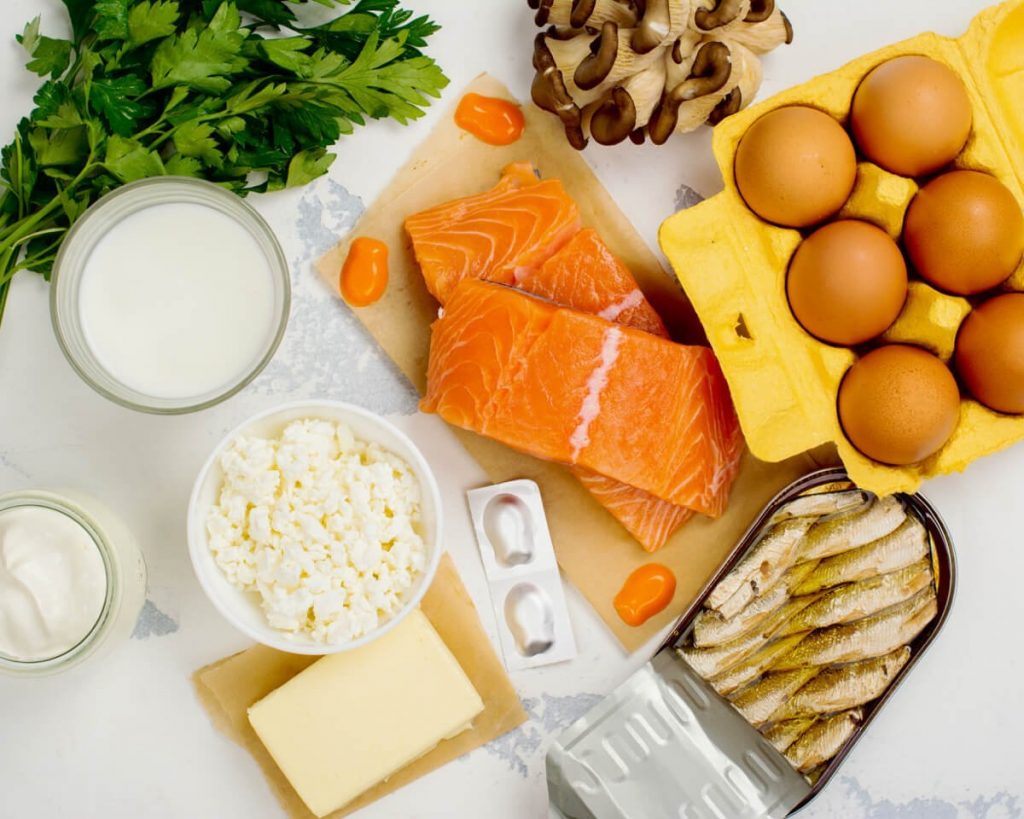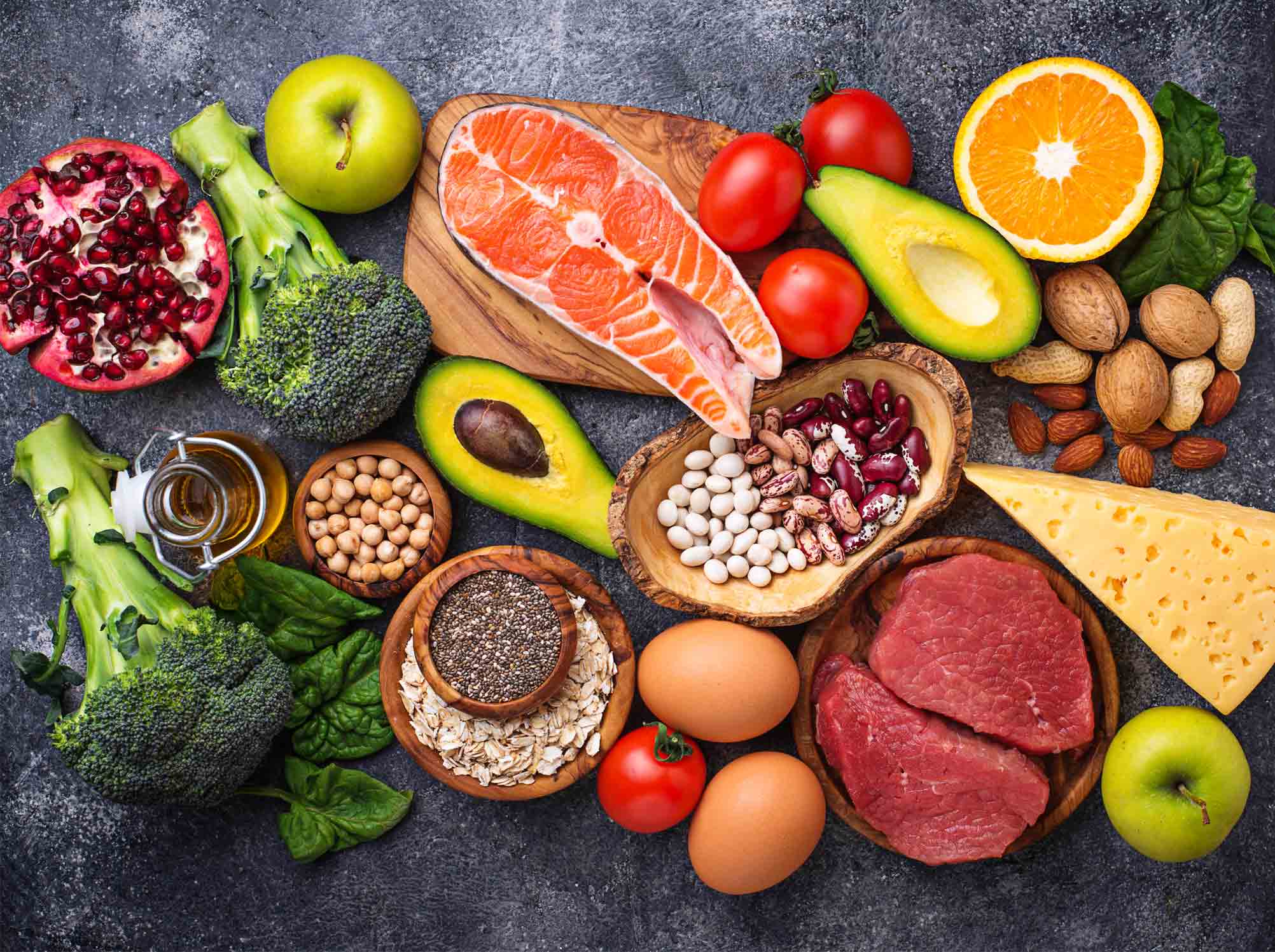Boosting Heart Health: The Power of Iron-Rich Foods
Boost heart health: the power of iron rich foods
In the journey towards maintain a healthy heart, the significance of nutrition can not be overstated. Among the myriad of nutrients that play a critical role in cardiovascular health, iron stand out for its vital functions. This article delves into the connection between iron rich foods and heart function, offer insights, tips, and guidance to help you harness the power of this essential mineral.
 Source: ar.inspiredpencil.com
Source: ar.inspiredpencil.com Understanding iron’s role in heart function
Iron is a crucial component of hemoglobin, the protein in red blood cells responsible for transport oxygen throughout the body. Adequate iron levels ensure efficient oxygen delivery, which is essential for optimal heart function. Furthermore, iron contribute to muscle health, include the heart muscle, and support various enzymatic processes.
Key functions of iron in the body:
- Oxygen transport: Iron is a core component of hemoglobin, facilitate oxygen transport from the lungs to tissues and organs.
- Energy metabolism: Iron is involved in energy production, crucialfor maintainingn an active lifestyle.
- Immune system support: Adequate iron levels enhance immune function, aid in the body’s defense against infections.
Iron rich foods: a heart healthy choice
Incorporate iron rich foods into your diet is a proactive step towards support heart health. These foods are not merely abundant in iron but besides provide additional nutrients that benefit cardiovascular function.
Top iron rich foods:
- Red meat: Beef and lamb are excellent sources of heme iron, which is well absorb by the body.
- Poultry: Chicken and turkey provide a good amount of iron, peculiarly in the dark meat.
- Seafood: Oysters, clams, and sardines are rich in iron and offer heart healthy omega 3 fatty acids.
- Leafy greens: Spinach and kale are excellent plant base sources of non heme iron.
- Legumes: Lentils, chickpeas, and beans are iron rich and offer a good source of dietary fiber.
- Nuts and seeds: Pumpkin seeds, almonds, and cashews provide iron and healthy fats.
- Fortified foods: Iron fortified cereals and bread can help boost iron intake.
Real life example: the impact of iron on heart health
A noteworthy example of the connection between iron rich foods and heart function can be seen in the case of endurance athletes. These individuals frequently have higher iron requirements due to increase red blood cell turnover and the need for optimal oxygen transport during intense physical activity. Acomfortable documentt caseinvolvese a marathon runner who experience fatigue and decrease performance due to iron deficiency anemia. Upon increase her intake of iron rich foods, her energy levels improve, and shreturnsrn to her peak performance, highlight the importance of iron in maintain heart and overall health.
Recommendations for optimal iron intake
While incorporate iron rich foods into your diet is beneficial, it’s important to consider factors that affect iron absorption.
 Source: healthifyme.com
Source: healthifyme.com Tips for enhancing iron absorption:
- Pair with vitamin C: Consume iron rich foods with vitamin C sources, such as citrus fruits, to enhance absorption.
- Avoid calcium interference: Calcium can inhibit iron absorption, hence avoid consume high calcium foods and supplements alongside iron rich meals.
- Cook with cast iron: Cook in cast iron pots can increase the iron content of food.
- Consider iron supplements: If dietary changes are insufficient, consult a healthcare provider about iron supplements.
Potential risks and considerations
While iron is essential, excessive intake can lead to health issues. It is crucial to maintain a balance and avoid iron overload, which can result in conditions like hemochromatosis and negatively impact heart health.
Signs of iron deficiency and overload:
- Iron deficiency: Fatigue, weakness, pale skin, and shortness of breath are common symptoms.
- Iron overload: Joint pain, abdominal pain, fatigue, and irregular heart rhythms may occur.
Conclusion: embrace a heart healthy diet
Incorporate iron rich foods into your diet can importantly contribute to heart health and overall advantageously being. By understand the role of iron in the body, select nutrient dense foods, and optimize absorption, you can take proactive steps towards a healthier heart. For those seek to delve deeper into nutrition and its impact on cardiovascular health, consult with a healthcare provider or a dietitian can provide personalized guidance. Continue to explore the world of nutrition to uncover more ways to support your heart and enhance your quality of life.
This text was generated using a large language model, and select text has been reviewed and moderated for purposes such as readability.
MORE FROM thrifttrail.net
